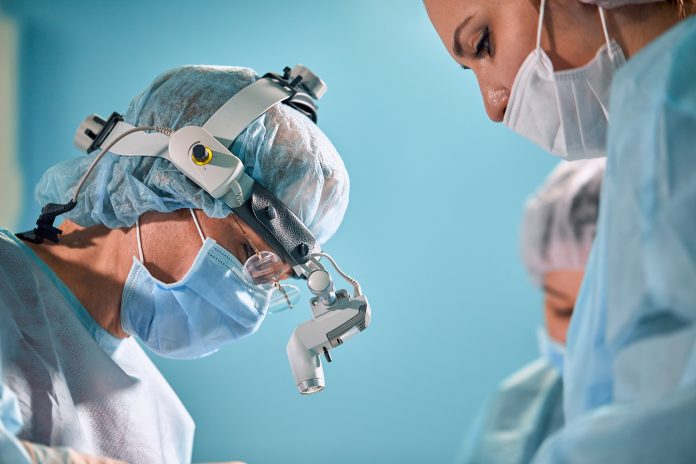Richard Armstrong, head of health registries at Northgate Public Services, examines the growing importance of medical registries in a health crisis and why some programmes are destined to fail patients
The Cumberlege report published in July 2020 uncovered the key factors that can result in medical crises such as the recent pelvic mesh scandal, which has caused physical and psychological harm to many women.
The report highlighted a significant lack of information available on the number of people who have been failed by a health system that is designed to protect them.
When situations such as this happen in the health sector, a new database or registry to collect information on clinicians, implants and treatments is often hailed as being the answer. The theory being that if data is available centrally, we can be alerted to failing implants, poor surgical procedures and even bad practice before too many are harmed.
But the practice of simply gathering data is not the panacea for avoiding clinical disasters.
So, what needs to change about these data gathering exercises to ensure we fully protect patients and improve outcomes?
The right information
Too often a shiny new IT solution is thrown at a problem without proper thought into who is going to contribute the information and how the findings will be used.
A health registry is only as good as the information it contains. Simply creating the database is therefore not enough to avert a health crisis. Time and effort needs to be invested in gathering data that can be used in a meaningful way to flag issues promptly and inform clinical decision making.
Remove barriers
If the clinicians required to add information find the whole process too complicated or overly time consuming, they simply will not commit to the registry. Or they will only part fill in information to save themselves time.
For this reason, registries need to be designed around clinical practice so that healthcare settings don’t have to change the way they do things to suit the technology. It is critical that an outpatient clinic is able to use the system as easily as the surgery staff. And that all relevant clinicians are able to contribute if appropriate.
Address knowledge gaps in a health crisis
Patchy information is also the downfall of many well-intentioned registries around the world.
A system that only includes some surgeons, or public and not private healthcare settings, risks missing important warning signs that a certain implant is frequently in need of replacement or is causing complications in specific patient groups.
The best registries therefore are those that require all practitioners, hospitals and healthcare trusts to contribute. The more comprehensive the information available, the more effective a registry is.
Get insight from information
The flip side is that those running the registry need to commit to making meaningful information available to clinicians, medical device manufacturers and regulators in a timely manner.
Clinicians want to be told quickly if a patient they have treated has been called back in for a follow up procedure elsewhere in the country. These alerts will allow them to review the case and consider whether they need a different approach to the next patient that presents in their office with a similar profile.
National data sharing is also critical as it allows doctors and surgeons to see which treatments work well so they can improve outcomes for all patients more rapidly and see which procedures or medical devices have a high risk of complications. And the manufacturers of the medical devices could use the information to help them continually improve the products they bring to market.
Receiving this data two years down the line means many additional patients’ quality of life may have been compromised. Real-time or timely access to data will avoid this.
Registries can and do have a positive impact on patient outcomes. The data is key to this, but more focus needs to be put on how we get the best data in to the registry, and how we get that data back out to practitioners quickly before potential damage is done to patients’ lives.
Richard Armstrong has supported the work of health registries around the world, including the National Joint Registry (NJR), EUROSPINE’s Spine Tango, JCCP and the Indian Joint Registry.











